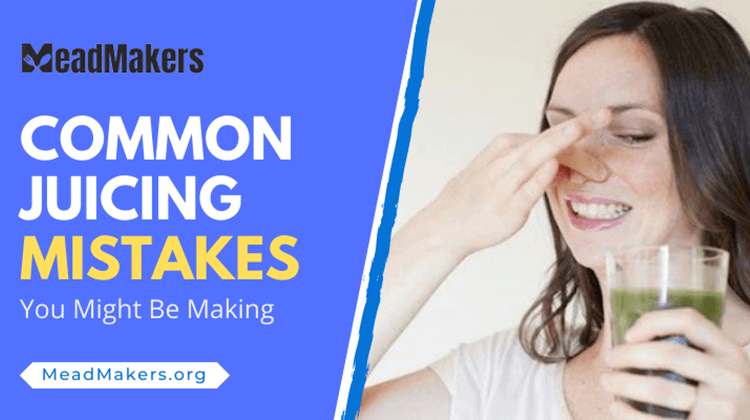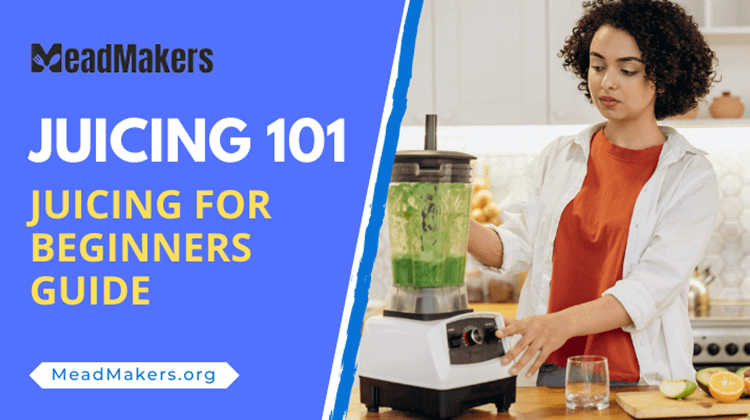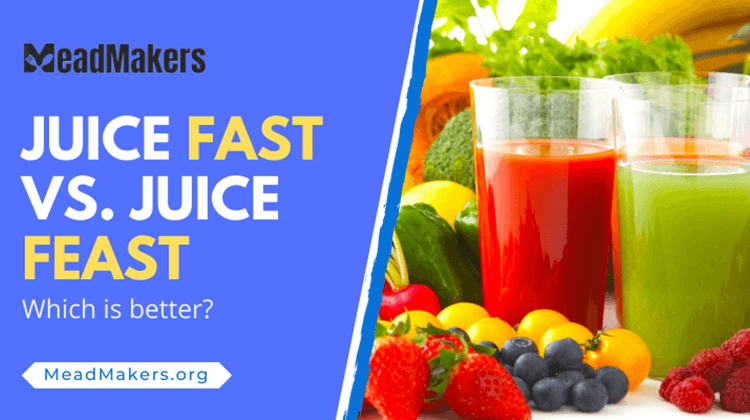11 Common Juicing Mistakes You Might Be Making
This article will discuss 11 common juicing mistakes that you are most likely making.
Juicing is an excellent technique to get important nutrients into your system that your body may not be able to absorb fully.
It’s a quick and easy way to make sure you’re getting the most vitamins, minerals, and antioxidants from your fruits and veggies in your quest to maintain or improve your health.
Even though I’ve been juicing for a long time, I’ve made countless mistakes.
I’m grateful for the people who were willing to assist me.
Common Juicing Mistakes
I’d like to talk about some of the most typical juicing mistakes that many people make without even realizing it.
Diversity
When I first began out, I used the same ingredients over and over again. Juicing’s best feature is the ability to mix and match a wide variety of fruits.
By altering the vegetables and fruits you use in your juice, you can ensure that you get the maximum variety of minerals and vitamins.
Whether you’re undertaking a juice cleanse or simply adding it to your diet, this is true. When feasible, use a variety of ingredients.
Additionally, drinking the same beverage every day can become boring. It’s a good idea to add some variety to the mix. You’ll be glad you put in the effort.
Toxins
In addition to the variety of nutrients and vitamins obtained from various types of food, you will avoid absorbing significant levels of contaminants found naturally present in many vegetables.
These chemicals include goitrogens, atropine, and oxalates.
In small amounts, these are not harmful. They can, however, be lethal in massive doses. Furthermore, the wider the variety, the better the minerals and vitamins will be absorbed by your body.
Chugging
Drinking your juice is not a good idea. To get the most out of it, drink it slowly and completely. Although it is a drink, chewing it or swishing it around in your mouth will assist your digestive enzymes to get started.
After all, digestion begins in the mouth rather than the stomach.
Timing
In this circumstance, there are two things to consider. If you do not consume it at the right time, your body will not be able to fully absorb the nutrients.
Drink it 30 minutes before your meal on an empty stomach. This ensures that the vitamins and enzymes are absorbed by your body.
Also, try to consume it as quickly as possible as you’ve finished juicing it. Oxidation breaks down nutrients over time, lowering their nutritional value.
Food Replacement
Unless you’re on a juicing fast, it’s not meant to replace your meals.
Instead, it’s a dietary supplement that provides you with the nutrients you’re lacking because you’re not eating enough fruits and vegetables.
Excessive Fruits
If you’re solely juicing fruits, you’re doing something wrong. Fruits are high in sugar. A spike in blood sugar will occur, followed by a decline.
You should primarily juice vegetables with a few fruits every day to help sweeten the harsh flavor of some vegetables.
Insufficient/Excessive Leafy Greens
The strong flavor of leafy greens takes some getting used to.
If you put too much juice in, you won’t want to finish it. Only a quarter of the total recipe should be used. Expand from there.
If you don’t eat leafy greens, you’re missing out on all of their health benefits. Without hesitation, I’d add some to your recipe.
Because they have a strong flavor, start with a tiny amount at first.
Storage
If you need to store your juice for later, it has a maximum shelf life of 72 hours, depending on the juicer you use. Furthermore, incorrectly storing your products will lower the shelf life even further.
If you wish to store it, place it in an airtight glass container and fill it all the way to the top to keep the air out.
A mason jar will be great for the job. Keep it out of the light until you’re ready to drink it.
When you open it, drink it all at once because you won’t be able to store it until the air hits it again.
Juicer Type
A cold press juicer is the greatest juicer. Traditional high-speed juicers, such as Breville Juice Fountains, are also good, but they lack nutrient retention and juice extraction.
Cleaning Your Juicer
Clean your juicer after each use! On a filthy juicer, bacteria should not grow. If you don’t have time to clean it right away, properly rinse it and clean the mesh juicing screen.
Getting dried pulp and leftover particles out of a mesh screen is the most difficult phase.
Before juicing, thoroughly wash your veggies to remove pesticides and waxy residues. Even if you buy organic, everything should be washed.
Produce washes can be made at home or purchased at your local grocery store.
Avoiding Juicing
Finally, one of the most prevalent mistakes is to avoid juicing at all costs. If you don’t juice, you’re missing out on a lot of critical vitamins, enzymes, and antioxidants.
Juicing aids in physical healing reduces the risk of cancer and heart disease and boosts the immune system.
You’ll also notice an increase in energy and a general improvement in your health. Juicing can be used as a supplement by anyone who is having problems acquiring their recommended daily servings of raw produce.
Best wishes for your wellness!






